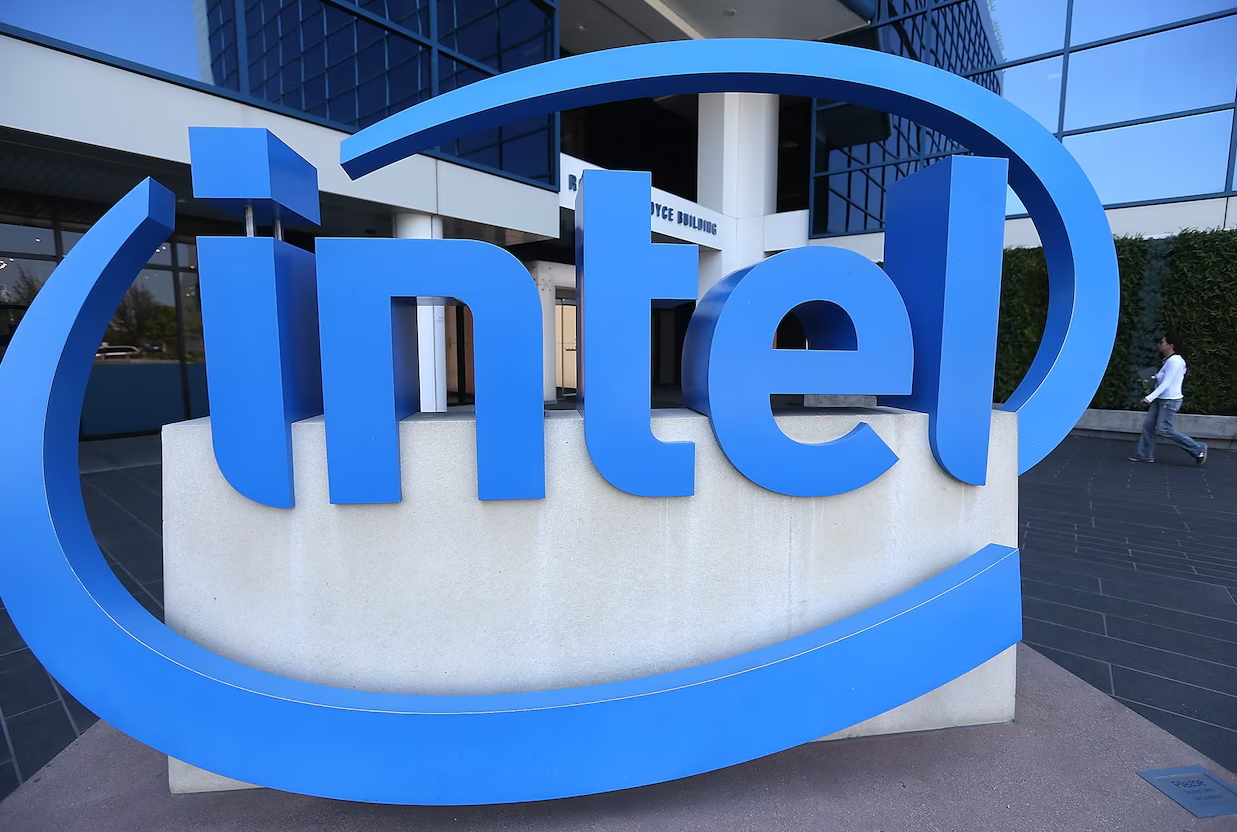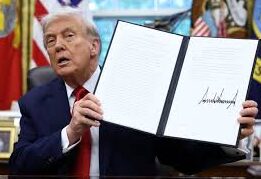Intel has reworked its CHIPS Act funding agreement with the U.S. Department of Commerce, securing about $5.7 billion in cash sooner than expected. The change, announced Friday, gives the company more flexibility in how it uses the funds.
The amended deal revises an earlier agreement from November 2024 and removes some project milestones. But it still includes restrictions: Intel can’t use the money for stock buybacks or dividends, make certain control-shifting deals, or expand operations in specific countries.
As part of the arrangement, Intel issued the government 274.6 million shares and granted an option for up to 240.5 million more shares under certain conditions. The company also placed 158.7 million shares in escrow, to be released if the government provides more CHIPS funds for its Secure Enclave program, which aims to boost advanced chip manufacturing.
Intel said it has already spent at least $7.87 billion on projects that qualify for CHIPS Act support.
The U.S. government’s decision to take a 9.9% equity stake in Intel has raised eyebrows about how far Washington might go in striking similar deals with other companies. Former President Donald Trump said he intends to pursue more arrangements like this.
Altogether, the government’s investment in Intel totals $11.1 billion, combining $8.9 billion in equity with $2.2 billion in earlier grants. Intel’s chief financial officer, David Zinsner, told investors this week that the stake is meant to encourage the company to keep control of its contract chipmaking business, known as its foundry operations.






